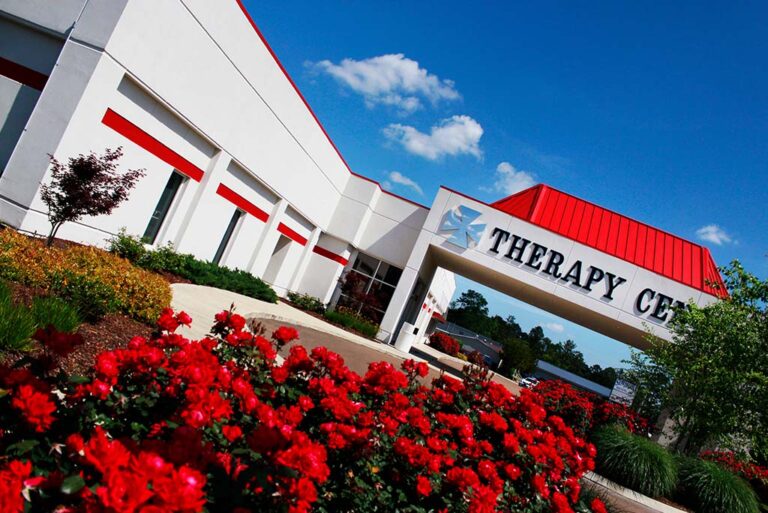Physical Therapy for Pelvic Floor Problems
- Category: Physical Therapy
- Posted On:

Problems with the pelvic floor – the muscles and connective tissue in the pelvic area – can significantly affect everyday life. The KDMC Therapy Center now offers pelvic floor physical therapy to help.
“The pelvic floor supports the bowels, the bladder, and other organs. Incontinence (or the opposite, difficulty in urination), chronic low back pain, and painful intercourse are just a few of the issues that may be related to pelvic muscle weakness,” said Margaret White, DPT. Pelvic floor problems can affect both women and men.
“The biggest challenge is that people don’t understand that pelvic physical therapy exists or that it is an option,” said Tim Slay, PT, director of the KDMC Therapy Center. “This is a service that hadn’t really been available in South West Mississippi. We wanted to make sure we could offer it in Brookhaven so people don’t have to travel so far.”
Pelvic floor patients come to the Therapy Center on referral from a physician, usually an obstetrician-gynecologist or urologist. White, who has trained in pelvic floor therapy, works closely with the referring physicians on developing and carrying out the patient’s plan of care.
“Some people will see instant changes within a week or two, especially if the therapy is something that can be coupled with behavioral change,” Slay said. “If the only issue is true muscle weakness, it may take four to six weeks.”
In the case of pelvic organ prolapse (descending or drooping of the organs), physical therapy can in some cases reduce the need for surgery. It can also speed healing after surgery.
“The therapist will help you learn how to strengthen the muscles and to confirm that you are correctly strengthening the muscles,” Slay said. It’s important, he said, that the therapist be trained in pelvic floor therapy. “It is a specialty, and not all therapists have had the training.”
Common Issues
Pelvic floor therapy can help with these common issues:
- Urinary or fecal leakage
- Pain with urination
- Too-frequent urination
- Hesitancy in urinating
- Effects of abdominal surgery or pelvic area trauma
- Painful intercourse
- Effects of giving birth
To learn more about KDMC’s physical therapy and rehabilitation services, call 601.823.5255 or visit our Physical Therapy page.